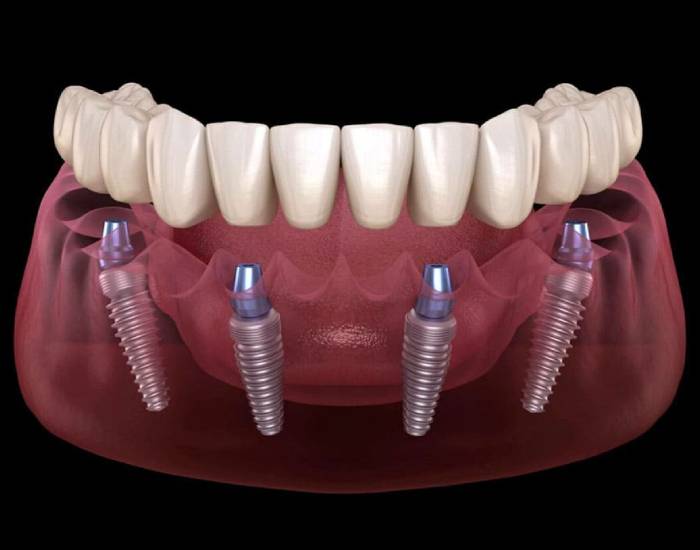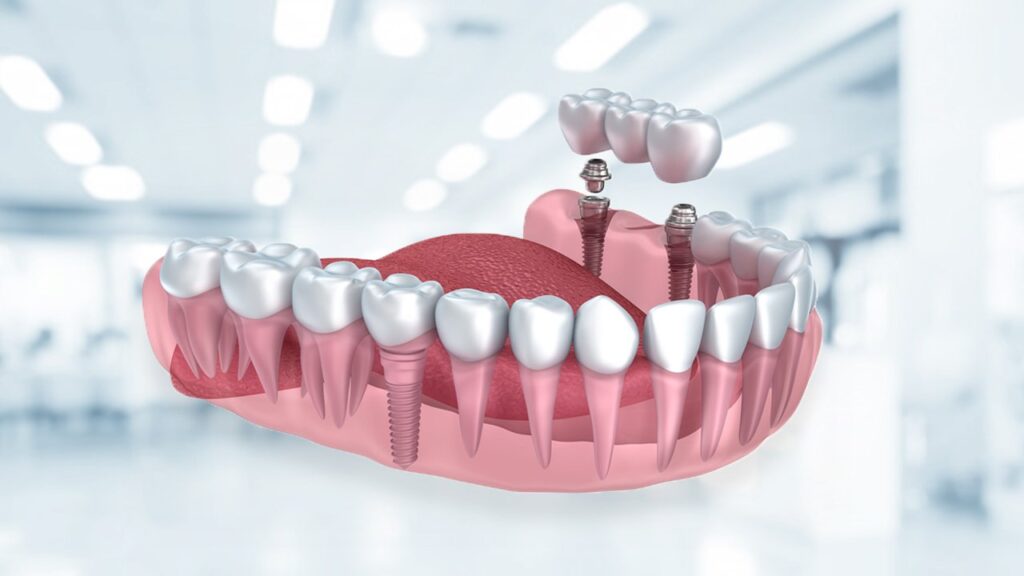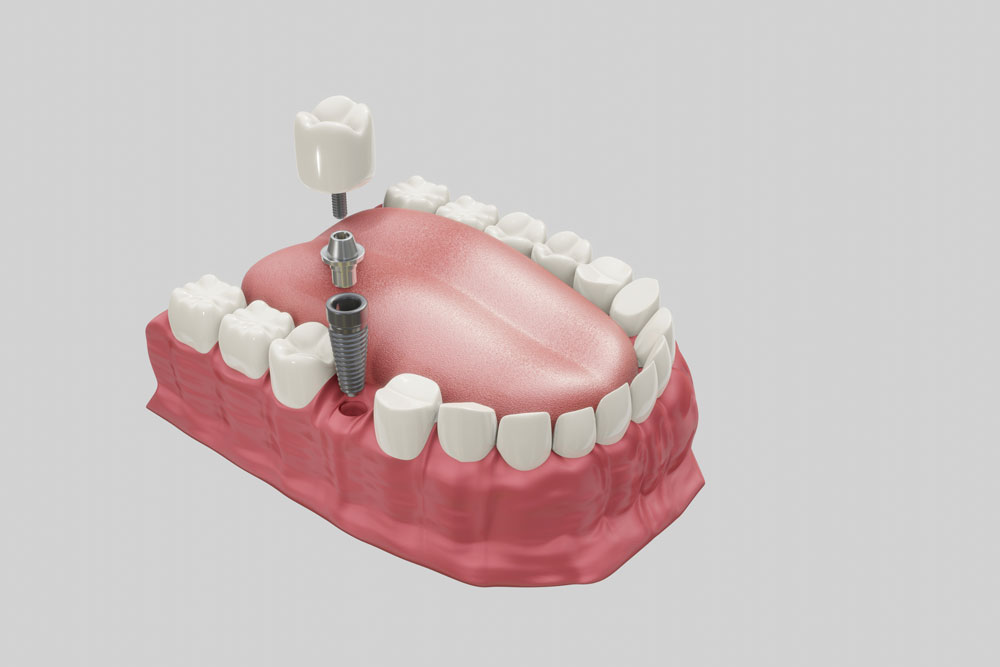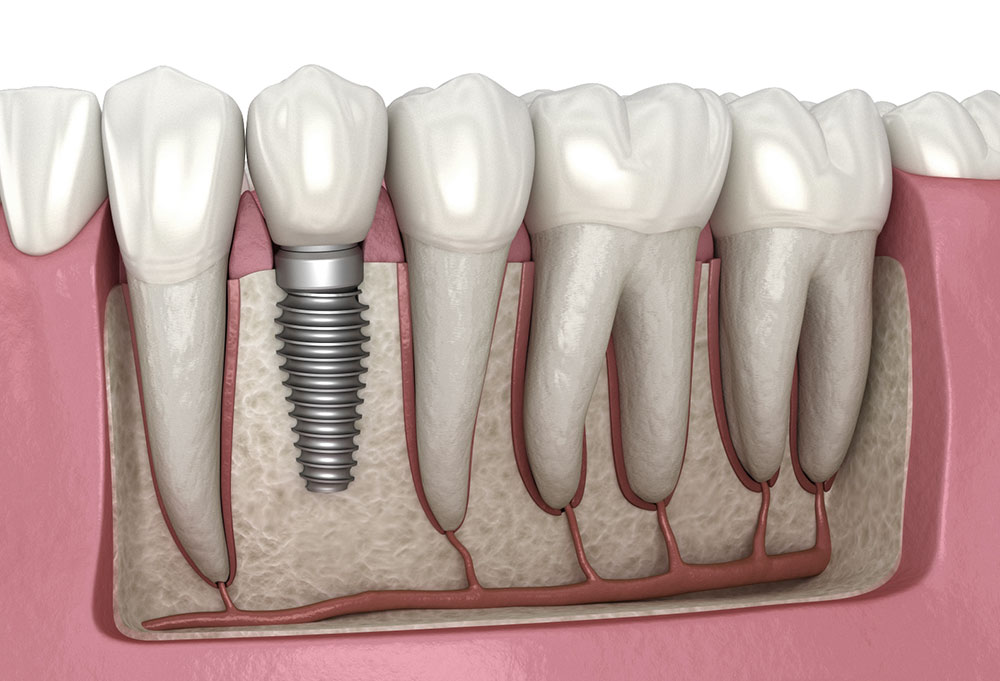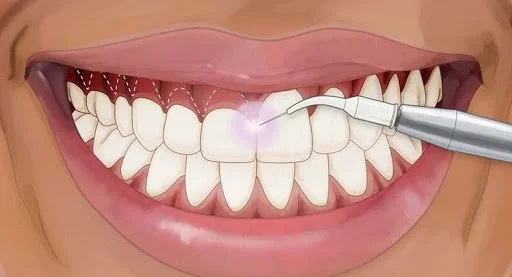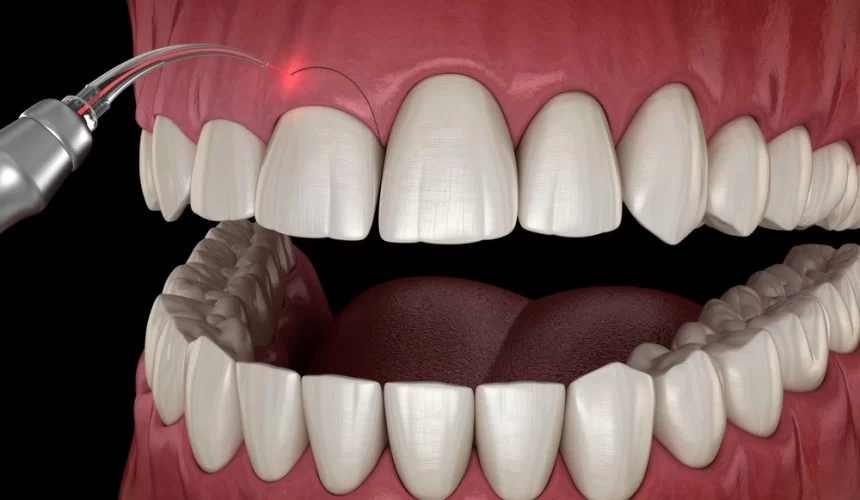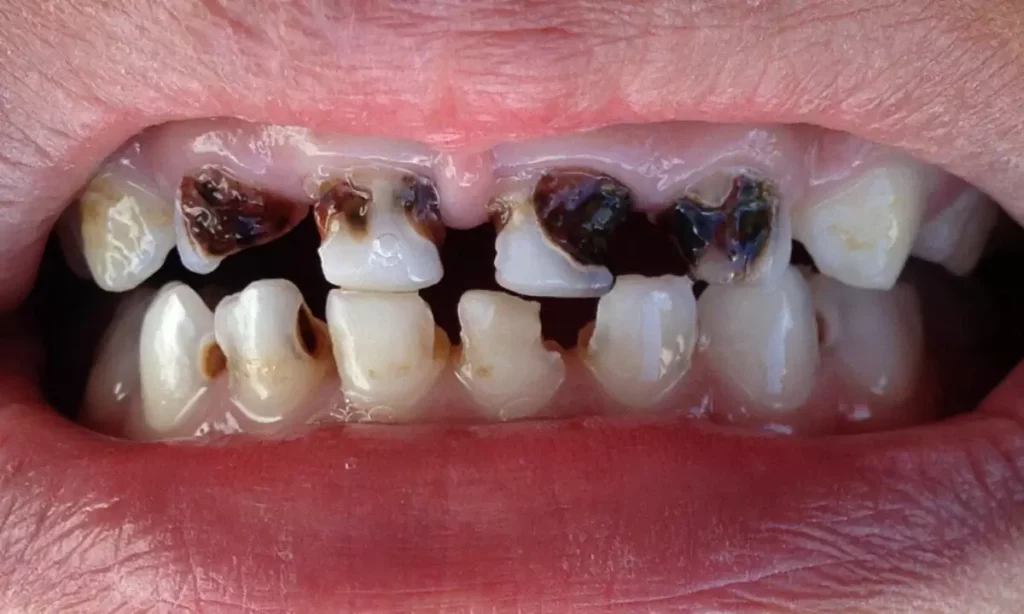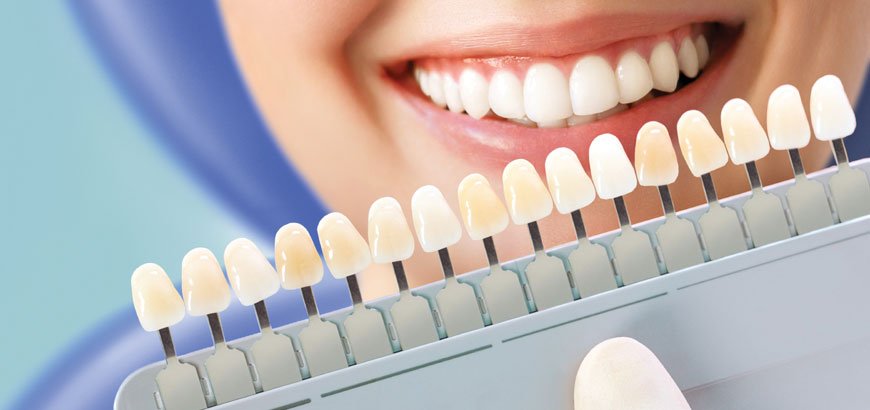A Modern Solution for Complete Tooth Loss
For individuals who have lost all their teeth in the upper or lower jaw, full palate implants (also called full jaw implants) offer a highly effective, comfortable, and long-lasting alternative to traditional dentures. This advanced treatment uses dental implants to securely hold fixed or removable prostheses in place, restoring both function and appearance.
🔹 What Is a Full Palate Implant?
A full palate implant involves placing 4 to 8 titanium implants into the jawbone to support a full set of prosthetic teeth. The result is a stable and natural-looking dental solution, far superior in comfort and function to traditional removable dentures.
This treatment often uses techniques such as:
- All-on-4: Four implants supporting a full set of teeth
- All-on-6: Six implants for added support and durability
🔹 How Is the Procedure Performed?
- Initial Evaluation & Planning
A dentist assesses your oral and bone health. 3D tomography may be used for precise planning. - Implant Placement
Between 4 to 8 implants are surgically inserted into the jawbone under local anesthesia. - Healing Period (Osseointegration)
Over 2 to 4 months, the implants naturally fuse with the jawbone, forming a stable base. - Prosthesis Attachment
Once healing is complete, a fixed or removable prosthesis is attached, tailored to your needs.
🔹 Types of Full Palate Implant Systems
- All-on-4 / All-on-6 Systems
Quick and efficient. Sometimes, temporary teeth can be placed on the same day. - Removable Implant-Supported Dentures
Detachable, but more stable and secure than traditional dentures. - Fixed Implant Bridges
Requires more implants (typically 6–8). This is the most natural, permanent, and durable solution—no need to remove them.
🔹 What Are the Advantages?
✅ More stable and comfortable than removable dentures
✅ Natural feel when speaking, chewing, and laughing
✅ Helps preserve the jawbone and prevent bone loss
✅ Aesthetic and enhances self-confidence
✅ Designed for long-term use, often lasting decades with proper care
🔹 Who Is a Good Candidate?
- Individuals who have lost all teeth in one or both jaws
- Patients who struggle with unstable or uncomfortable dentures
- Those with sufficient jawbone (or those eligible for bone grafting)
- Patients in good general health and able to undergo minor oral surgery
Even individuals with conditions like osteoporosis may still be eligible after proper evaluation and, if necessary, bone grafting.
✅ Conclusion
A full palate implant is a permanent, aesthetic, and reliable solution for complete tooth loss. With personalized planning and expert care, patients can enjoy improved speech, chewing ability, and a natural-looking smile—all without the discomfort of traditional dentures.
Disclaimer:
This article is for general informational purposes only and does not replace professional dental advice. Every patient’s condition is unique, and a consultation with a qualified dentist is essential. Before starting any treatment, be sure to undergo a detailed examination and receive guidance tailored to your health needs.
